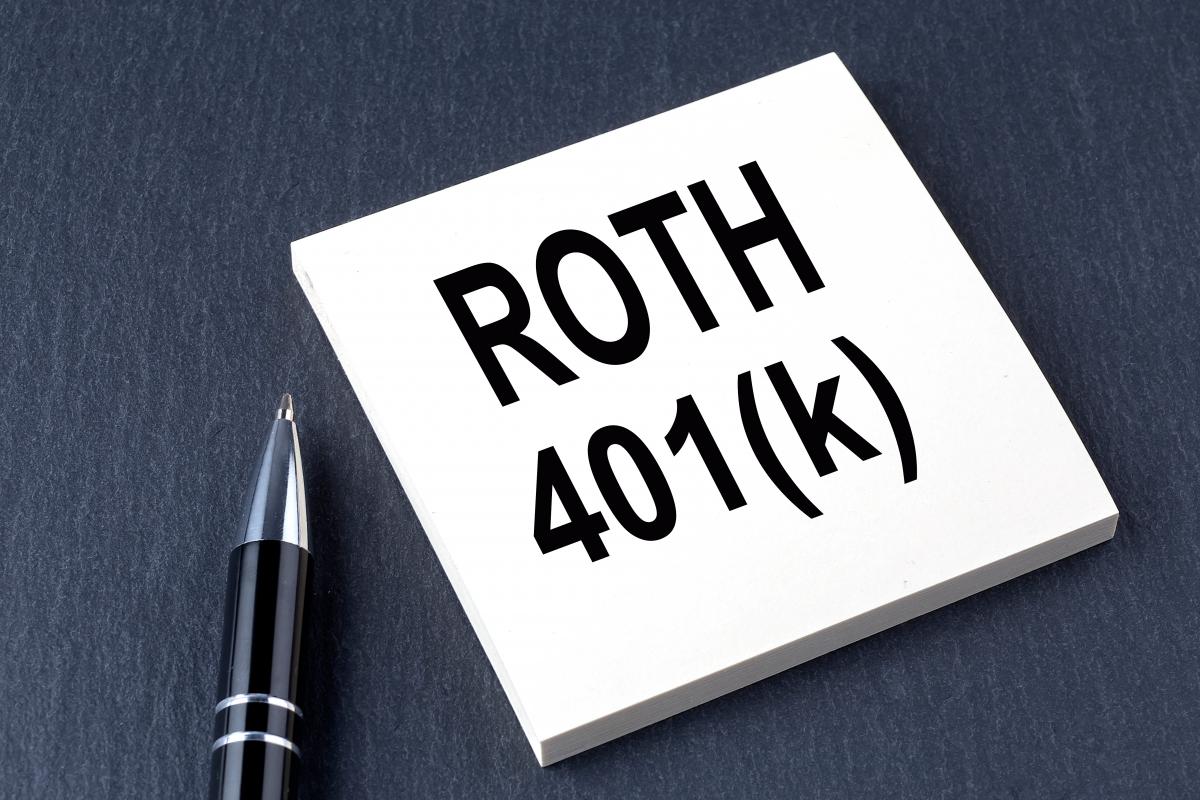The lack of guidance to help implement a major new retirement plan design requirement contained in the new SECURE 2.0 Act is causing increased heartburn in the retirement plan stakeholder community.
Over 200 organizations recently wrote a letter to the four leaders of the tax law writing committees on the Hill detailing the concerns and asking for legislation to delay the new requirement for two years. 
The letter comes after a separate letter from the tax-writing committee leaders to the Biden Administration’s Treasury Secretary and IRS Commissioner highlighting a drafting error in the provision.
Drafting Error
Section 603 of the SECURE 2.0 Act is a provision intended to require Roth catch-up contributions for individuals making more than $145,000 in FICA wages. The American Retirement Association (ARA) first identified a drafting error in Section 603 in January, only days after the enactment of the SECURE 2.0 Act, which President Biden signed into law on December 29, 2022.
The language of Section 603, to allow for a conforming amendment, struck a catch-up contribution subparagraph – section 402(g)(1)(C) – from the Tax Code. Because this section of the Tax Code is now gone, the ARA determined that now no participants will be able to make catch-up contributions (pre-tax or Roth) beginning in 2024.
The ARA immediately alerted both the Treasury Department and the Joint Committee on Taxation to the issue due to the significant policy implications of the unintended drafting error and the need to get it fixed as quickly as possible. In response to the concerns raised, the so-called “Four Corners,” who are the Democratic and Republican leaders of the House and Senate tax-writing Committees in Congress, sent a letter to the Treasury Secretary and the Internal Revenue Service Commissioner in May to highlight Congressional intent concerning Section 603.
In the letter, the Hill acknowledged that the current language of Section 603 “might be read by some to disallow catch-up contributions (whether pre-tax or Roth) beginning in 2024.” However, the letter states that this outcome was not Congress’s intent, as noted in a Senate Finance Committee Report (S. Rept. 117-142) on the provision before it became law.
What remains unclear is whether the Treasury Department has the regulatory authority or the willingness to ignore the Section 603 drafting error, despite the Congressional letter of intent. If the Treasury Department determines that they do not have the authority to ignore the error and if Congress does not pass legislation fixing the error, then all catch-up contributions will be put in jeopardy starting next year.
Two-Year Delay
Irrespective of the Section 603 drafting error, there has been an increasingly active and vocal lobbying campaign from large employer retirement plan sponsor groups and their retirement plan recordkeepers to get Congress to provide a two-year delay of the Section 603 Roth catch-up requirement. These groups, including the American Retirement Association, wrote a letter to the Four Corners on June 29, 2023.
In the letter, the groups explained that proper systems do not yet exist and cannot be built within a year to instantly coordinate payroll systems with plan recordkeeping systems to ensure compliance with Section 603 before it becomes effective in 2024. Therefore, if relief from Section 603 compliance is not granted before the Fall, many plan sponsors will be, as a practical matter, forced to eliminate all catch-up contributions in their retirement plans, at least until they get updated systems in place.
It is also unclear if the Treasury Department has the authority or willingness to implement a two-year delay or provide some other type of Section 603 compliance relief. As the clock continues to tick with no Section 603 legislative or administrative actions forthcoming, plan sponsors will face increasingly unsavory choices as the days grow shorter in 2023.

